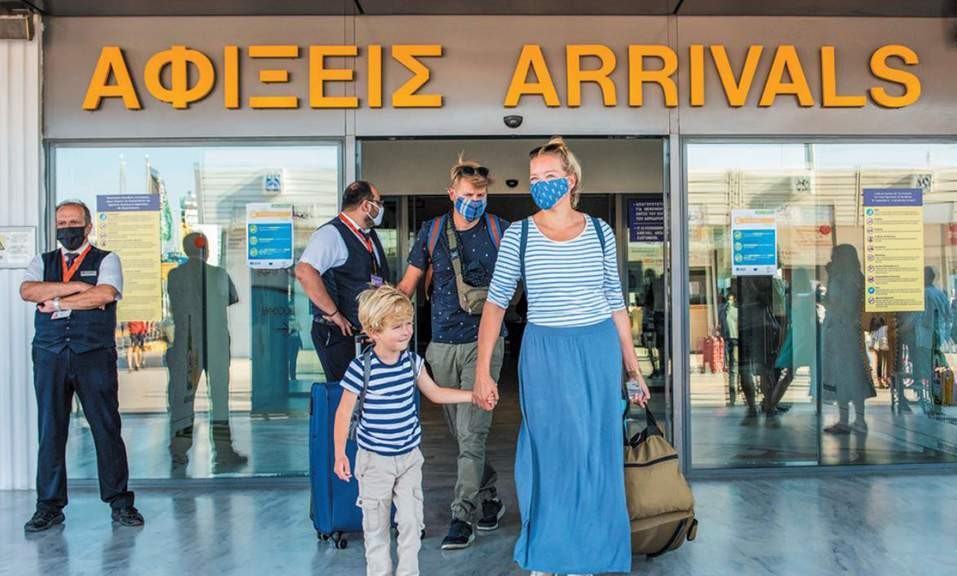Greek health authorities are on high alert after a total of 103 COVID-19 cases have now been recorded since the country opened to mass tourism on July 1.
On Tuesday, 17 of the 27 new confirmed cases were imported. On Wednesday, additional new cases have been spotted among tourists in the islands of Thassos and Evia.
There are fears that many more infected individuals have slipped into Greece, mainly across its northern border, potentially spreading the disease to locals and tourists alike.
The four cases on the island of Thassos have been located and isolated in a quarantine hotel. The incidents were detected after the result of their blood tests, which were administered upon their entrance into the country, became available.

The individuals were all Bulgarian and Serbian nationals — all of whom were asymptomatic.
Greece has since banned all but essential travel from Serbia as the infection numbers steadily rise in the Balkan country.
Infectious disease expert, Professor Nikos Sipsas, warned on Tuesday that arrivals through Greece’s northern land borders from countries with a high rate of coronavirus infections, are threatening to derail the country’s remarkable progress in containing COVID-19.
“Promachonas, the crossing into northern Greece from countries where the epidemic is like a boiling pot, is a problem,” Sipsas said, speaking to Skai TV. “It is a significant danger for Greece.”
RELATED: First tourists arrive in Greece as Athens and Thessaloniki airports open.
